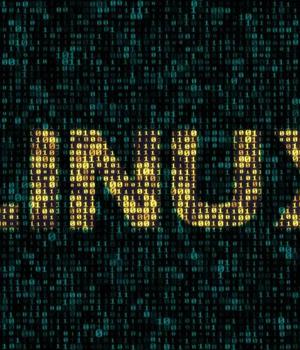Security News > 2022 > December > Critical “10-out-of-10” Linux kernel SMB hole – should you worry?

ZDI doesn't just deal in competitive bug hunting in its twice-a-year contests, so it also regularly puts out vulnerability notices for zero-days that were disclosed in more conventional ways, like this one, entitled Linux Kernel ksmbd Use-After-Free Remote Code Execution Vulnerability.
Even though this bug has had some dramatic coverage over the holiday weekend, given that it was a remote code execution hole in the Linux kernel itself, and came with a so-called CVSS score of 10/10, considered Critical.
It was patched in the Linux source code within just two days of disclosure, and the fix was accepted and packaged into the official Linux kernel source code in time for the release of Linux 5.15.61, back on 2022-08-17, just 23 days after the report first came in.
In other words, if you've updated your Linux kernel any time since then, you're already safe, no matter what kernel configuration settings you or your distro used when compiling the kernel.
This period includes 24 subsequent updates to the kernel 5.15 series, now at 5.15.85, along with any versions of kernel 6.0, kernel 6.1 and the still-in-candidate-stage kernel 6.2, all of which had their first releases after August 2022.
As you can see from the ZDI report, is in a kernel module called ksmbd, where the -D denotes a background service, the -SMB- denotes Windows networking support, and the K- means runs in kernel space, i.e. right inside the kernel itself.